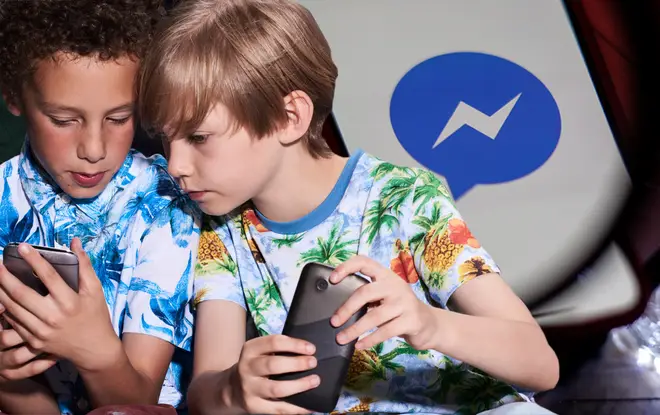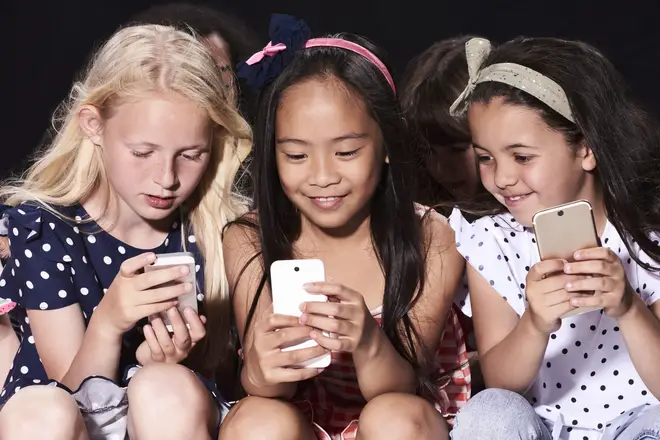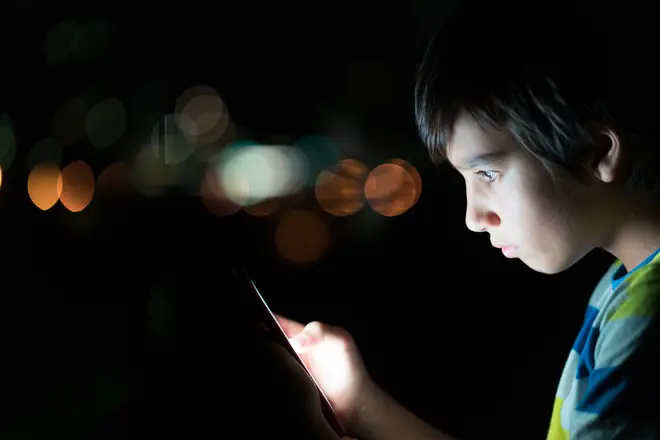On Air Now
Early Breakfast with Lindsey Russell 4am - 6:30am
24 July 2019, 12:24 | Updated: 24 July 2019, 12:39
A Facebook flaw has caused chaos among parents after their children were left able to contact unapproved people on the app.
Earlier this week, a "technical error" in Facebook's messaging app aimed at children allowed thousands of vulnerable tots to be contacted by strangers and to enter group chats with them.
The Verge reported that Messenger Kids, which launched back in 2017 and allows children between the ages of six and 12 to interact with family and a list of pre-approved friends, suffered a huge flaw.
READ MORE: There's a new social media advice service for children available

The error meant it was possible for the users of the app to enter group chats with different friends-of-friends which parents wouldn't have approved.
Consider how widely-used (and also abused) the social networking app is, there was a possibility for complete strangers to end up in the group chats with young children.

Facebook sent out a notice to thousands of parents last week which informed them that there was a design flaw, but that it has only affected a smaller number of the groups.
A spokesperson said: "We recently notified some parents of Messenger Kids account users about a technical error that we detected affecting a small number of group chats.
“We turned off the affected chats and provided parents with additional resources on Messenger Kids and online safety.”

They didn't specify how long the flaw was actually active in the children's apps but they did admit they fixed the issue "as soon as it was discovered".
It's also unknown ether or not the company received any complaints from parents prior to them discovering the flaw.
Messenger Kids has been the subject of a lot of scrutiny since its launch in December 2017, with a number of consumer groups filing a complaint with the FTC stating that the app violates children's privacy.
They also complained that it doesn't meet the requirements of the Children's Online Privacy Protection Act s it's not designed "to ensure that the person providing consent is actually the child's parent".